Elden Ring Lawsuit: Player Challenges Game's Accessibility
An Elden Ring player, Nora Kisaragi, has filed a lawsuit against Bandai Namco and FromSoftware in Massachusetts small claims court. Kisaragi alleges that the developers misled consumers by concealing substantial game content through intentionally difficult gameplay. This claim, made public on 4Chan, asserts that FromSoftware games contain a "hidden game" obscured by their notoriously challenging difficulty.
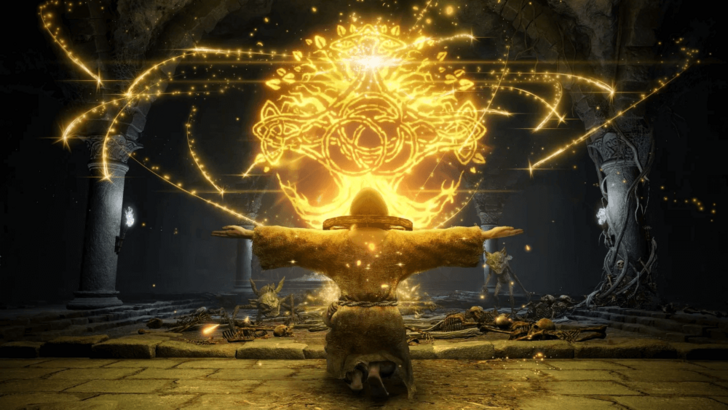
Kisaragi's argument centers on the idea that the high difficulty masks undiscovered content, citing datamined material as evidence. Unlike others who attribute this data to cut content, Kisaragi believes it's intentionally hidden, pointing to vague statements from developers in other games' art books and interviews as "constant hints." The core of the lawsuit is the claim that players paid for inaccessible content without knowledge of its existence.
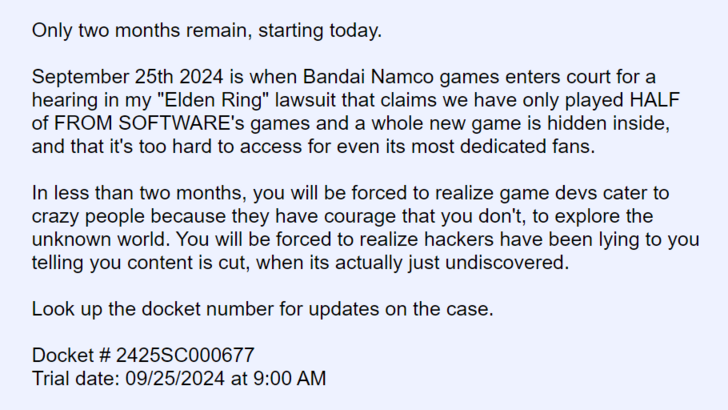
The lawsuit's viability is highly questionable. Even if hidden content existed, dataminers would likely have uncovered it. The presence of datamined content often reflects cut content or development remnants, a common industry practice, not intentional concealment.
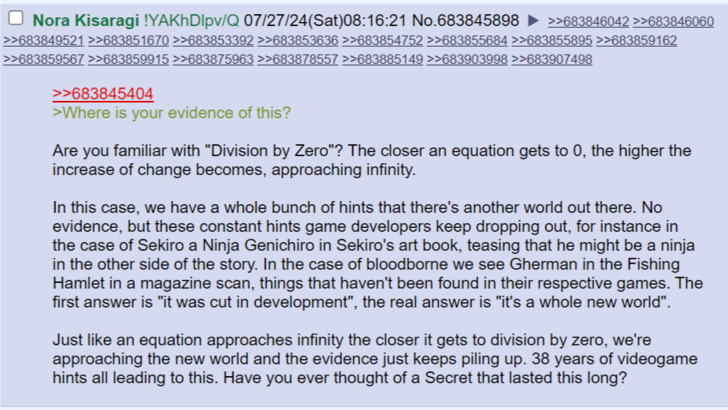
While Massachusetts small claims court allows individuals 18 or older to sue without an attorney, the case's success hinges on proving deceptive practices under consumer protection law. Kisaragi lacks concrete evidence, relying on speculation and interpretation. The judge will likely dismiss the case due to its lack of merit and highly speculative nature. Even if successful, damages awarded in small claims court are limited.
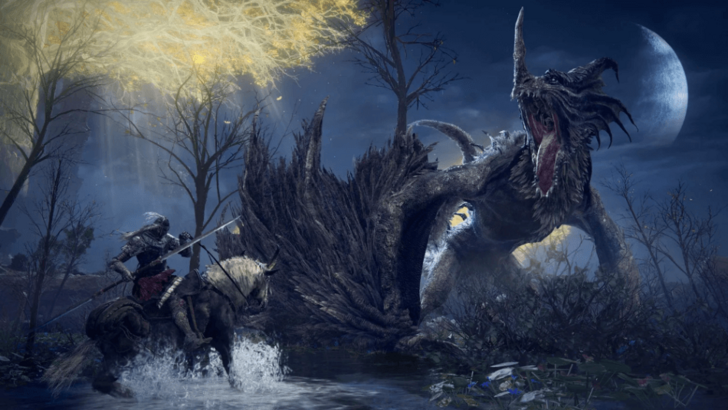
Despite the low probability of success, Kisaragi's stated goal is not financial gain, but to force Bandai Namco to publicly acknowledge the alleged "hidden dimension."



















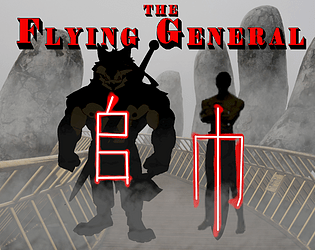



![FurrHouse [Ch. 3]](https://images.dshu.net/uploads/30/1719555089667e54115d59f.jpg)





